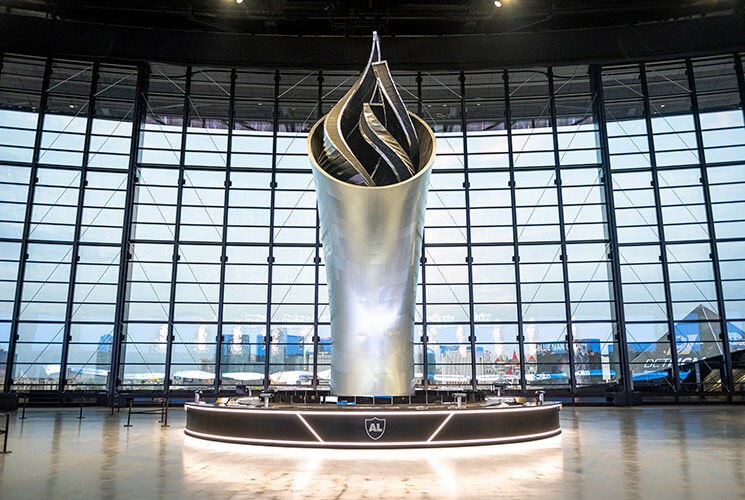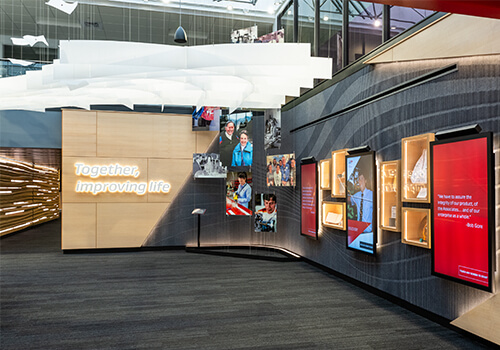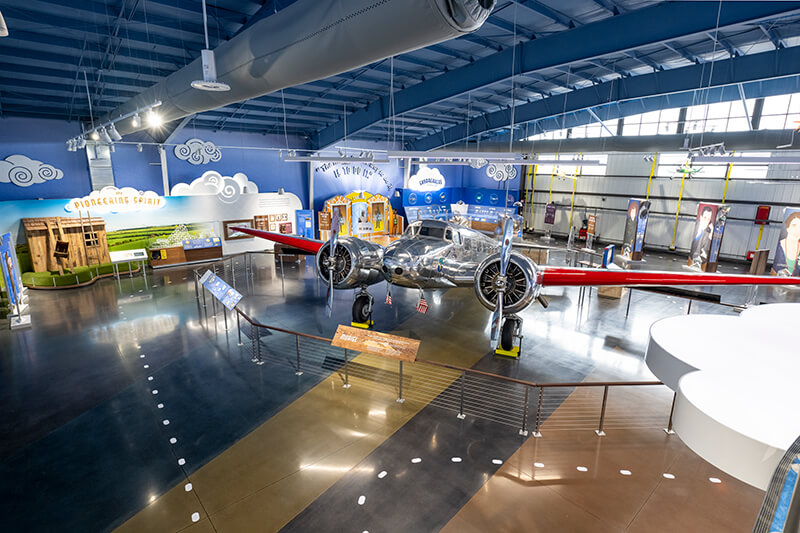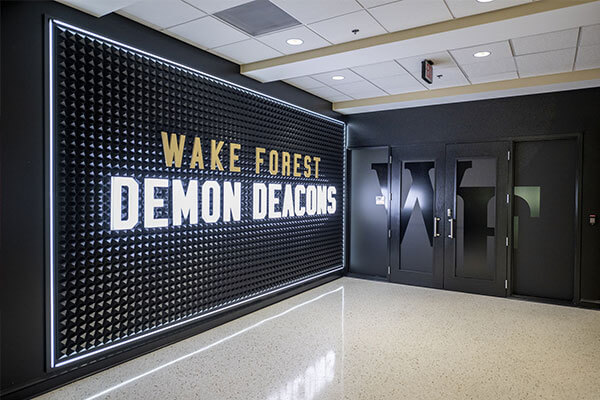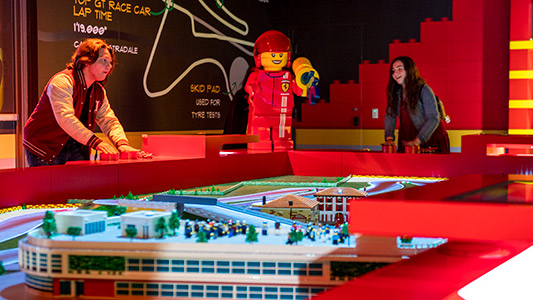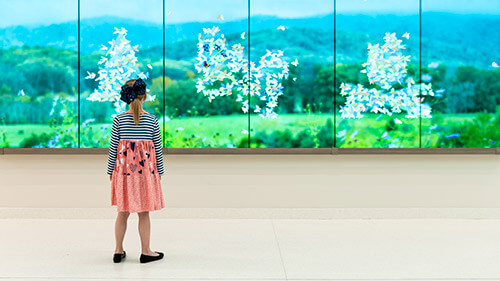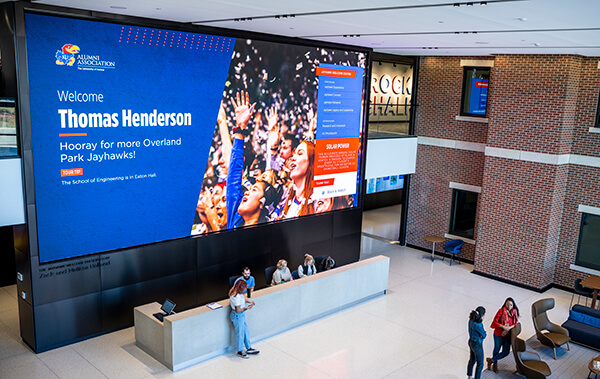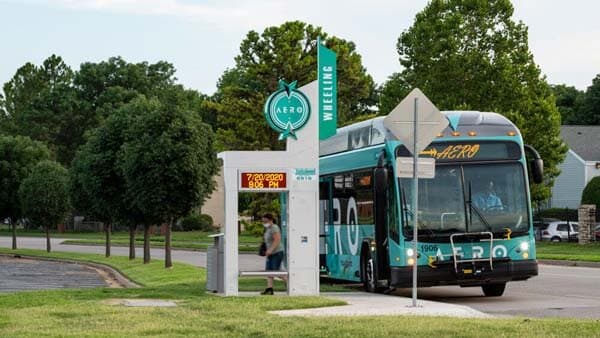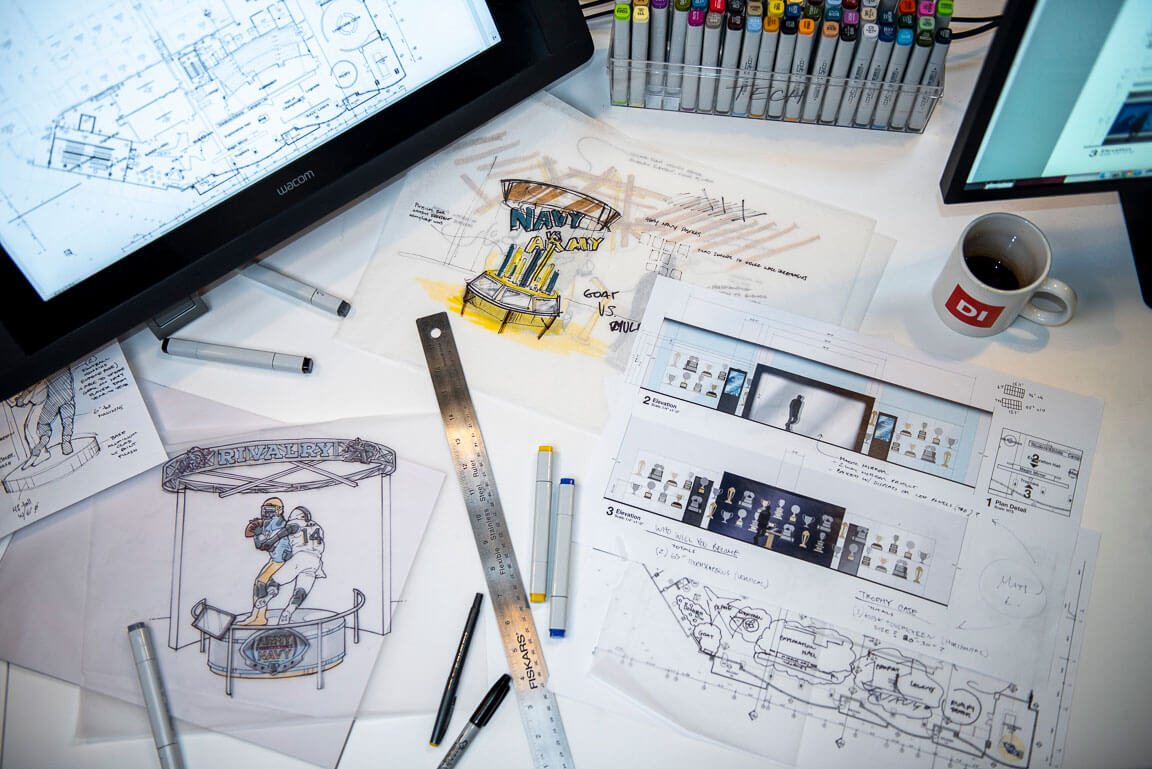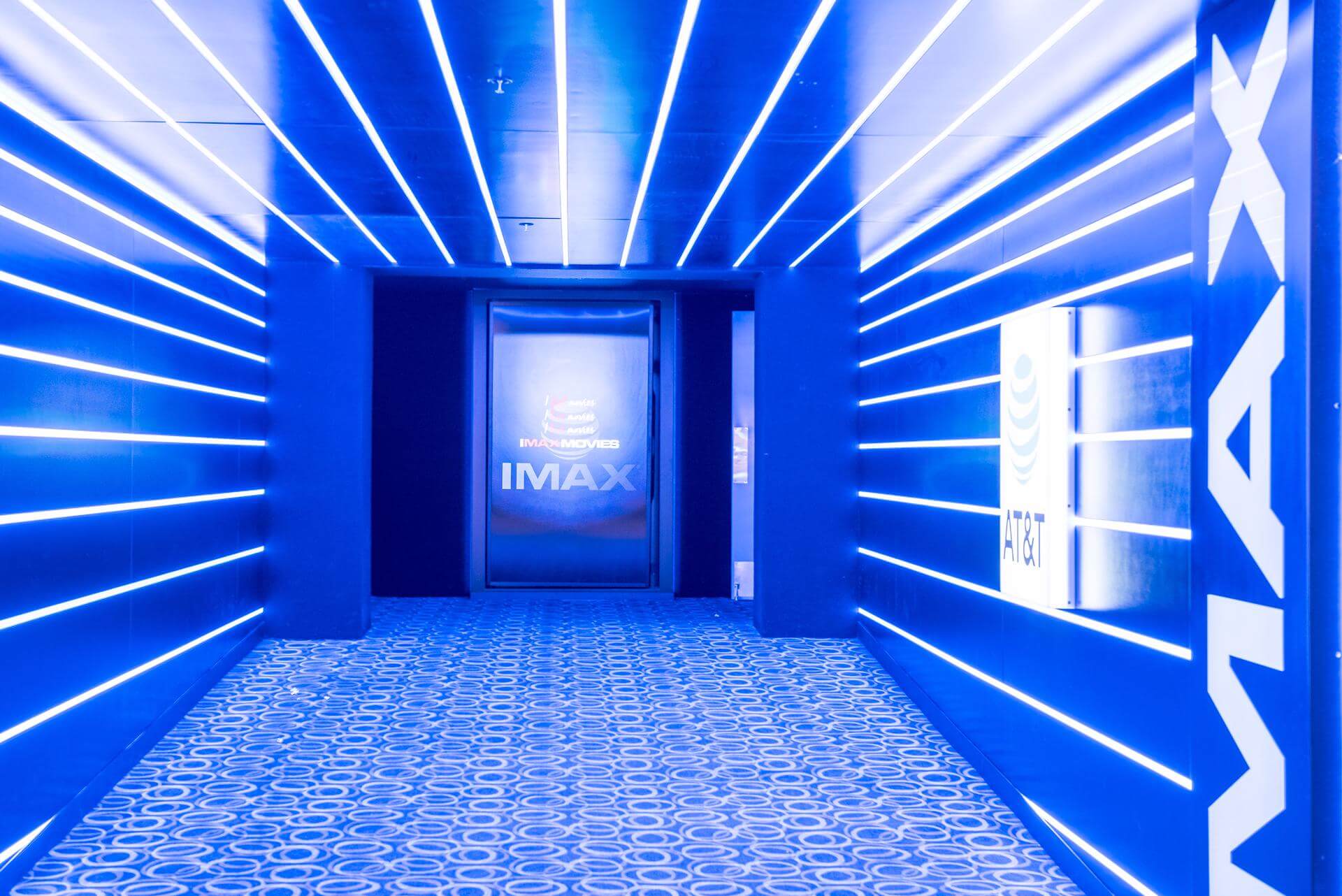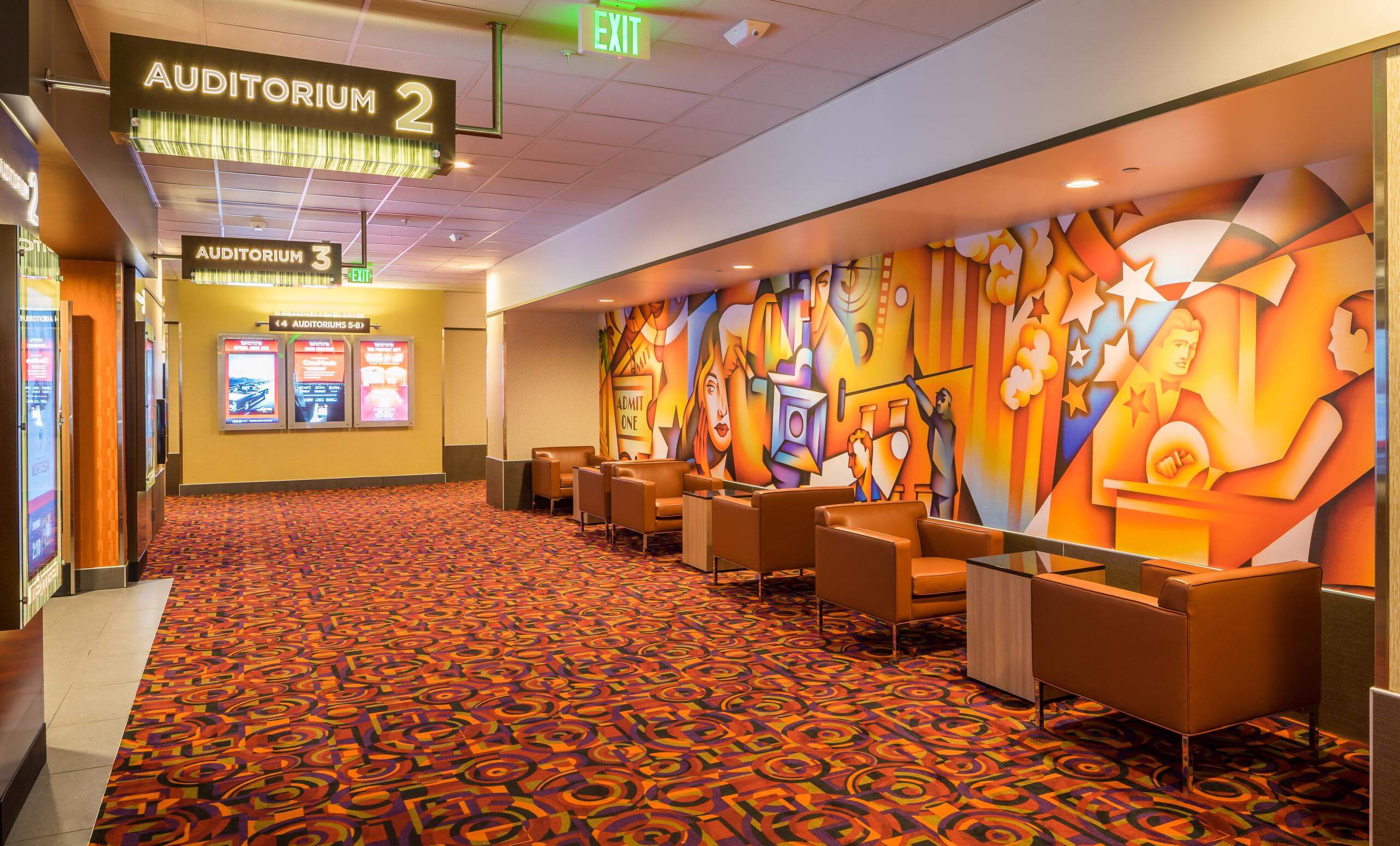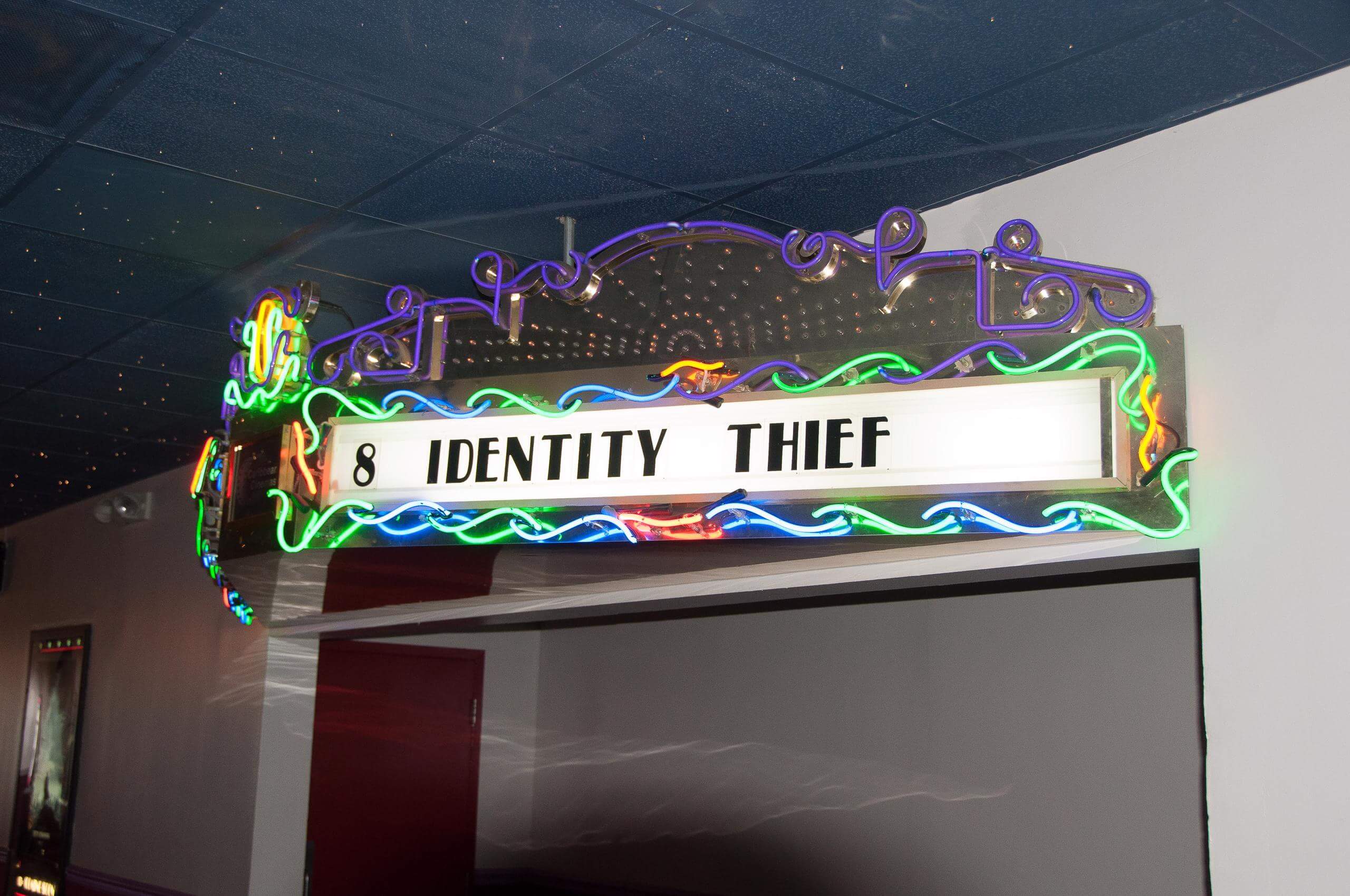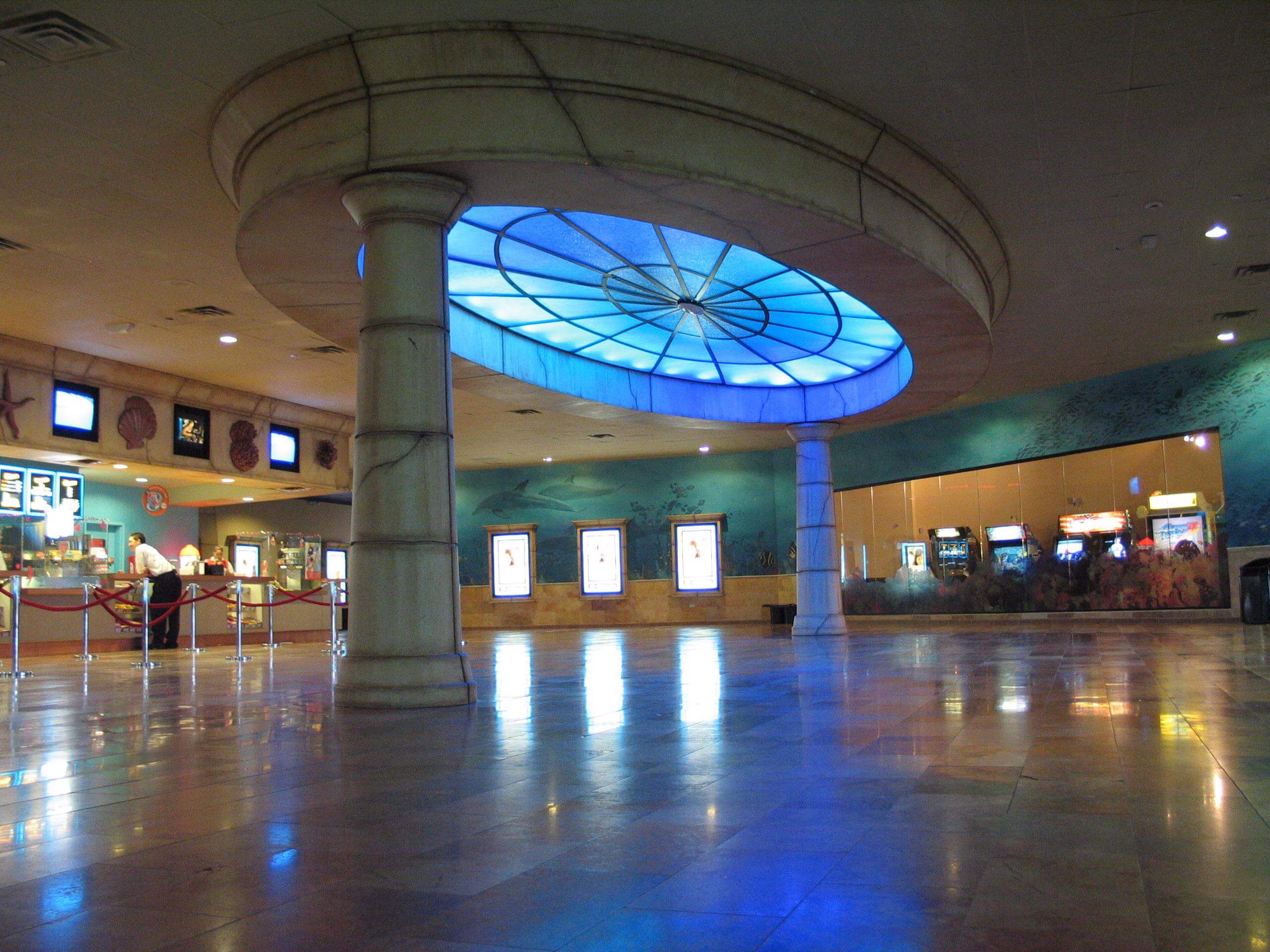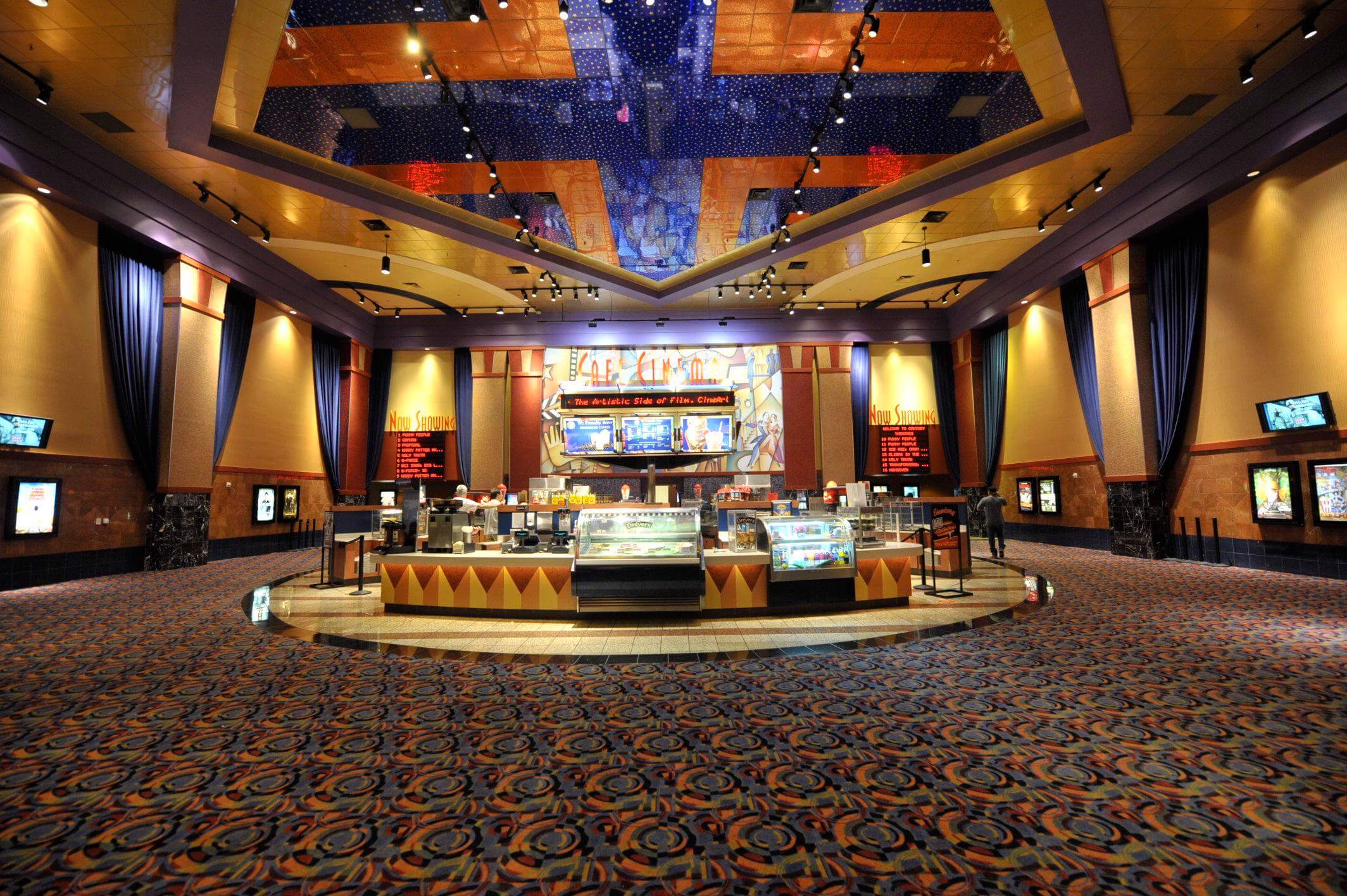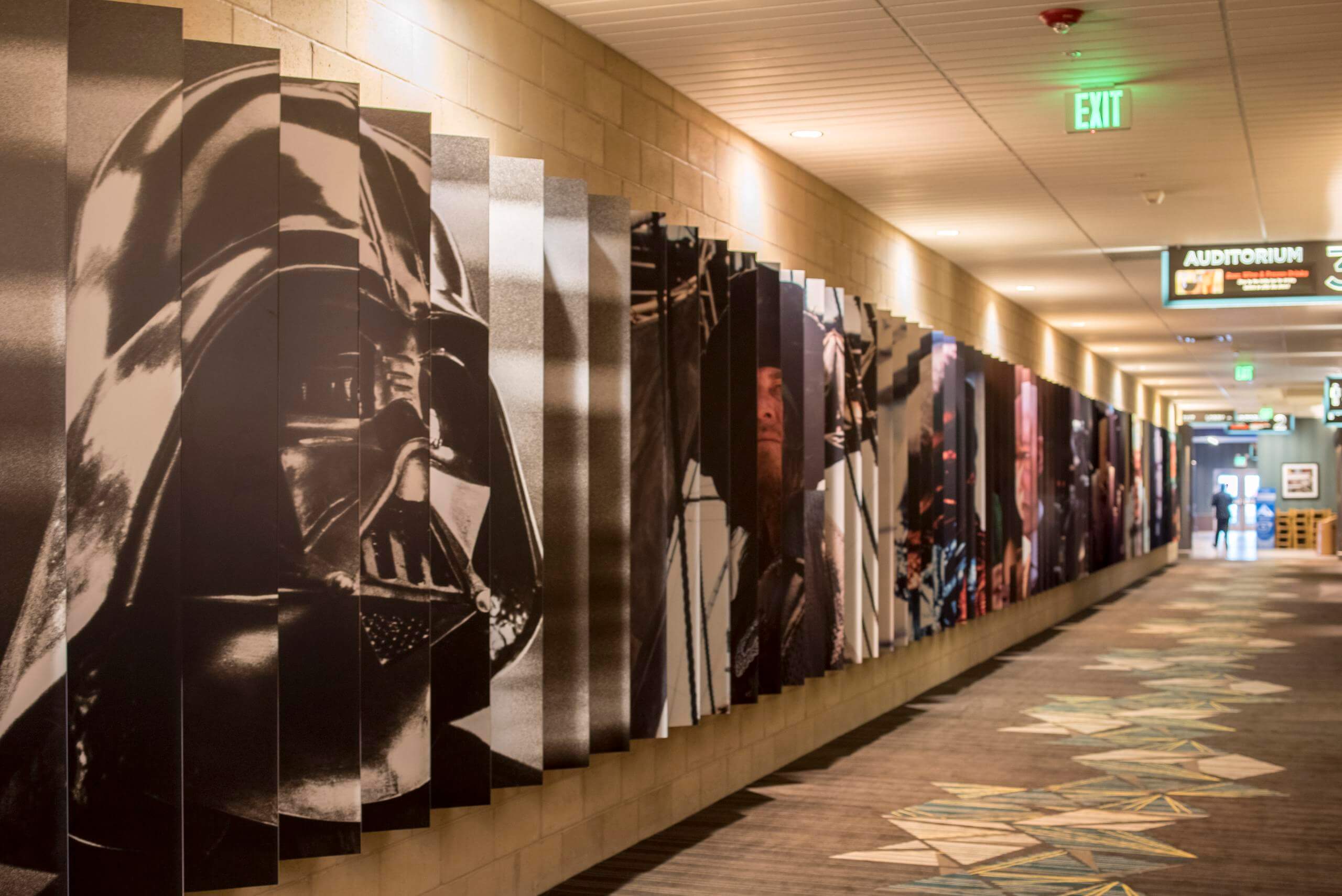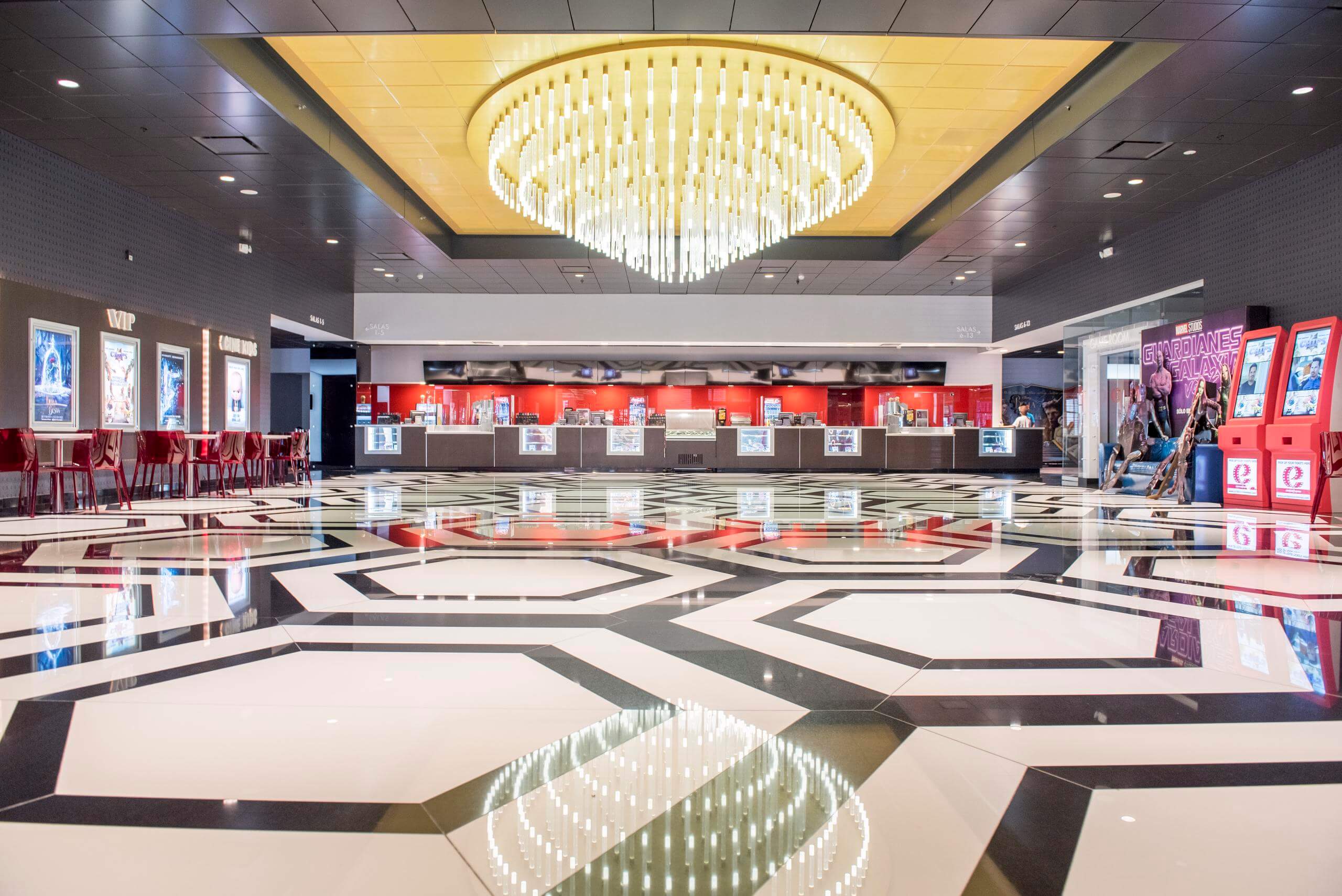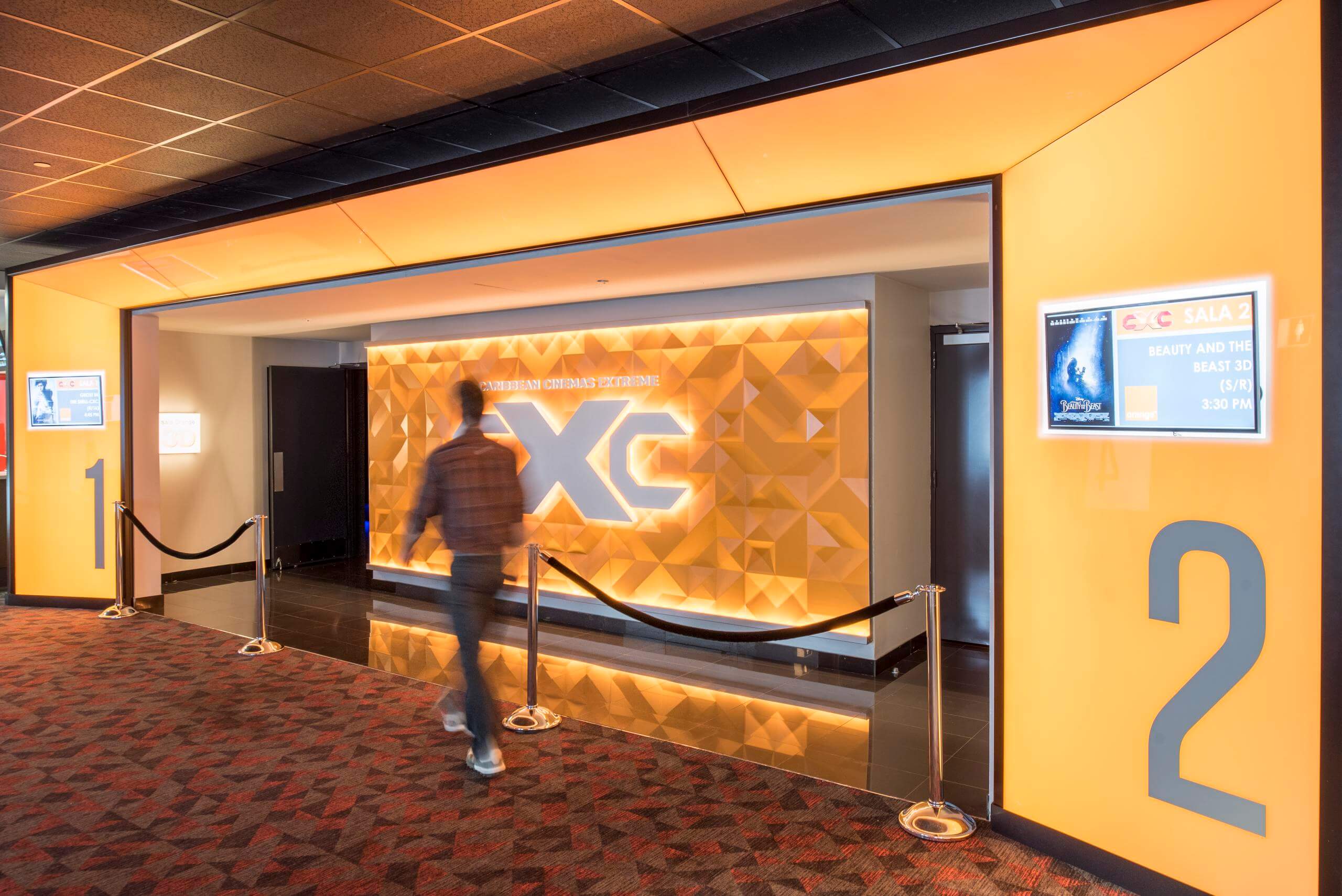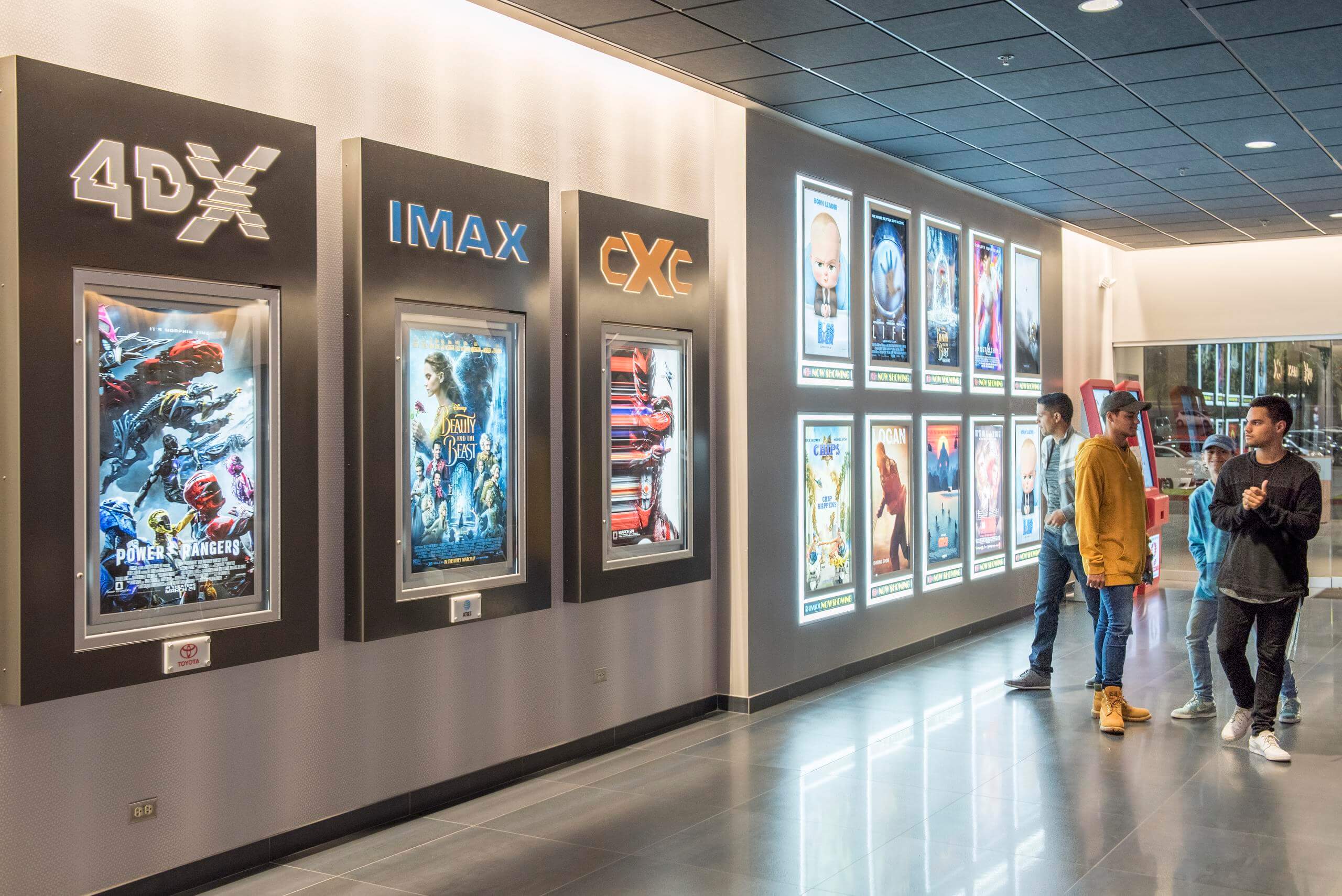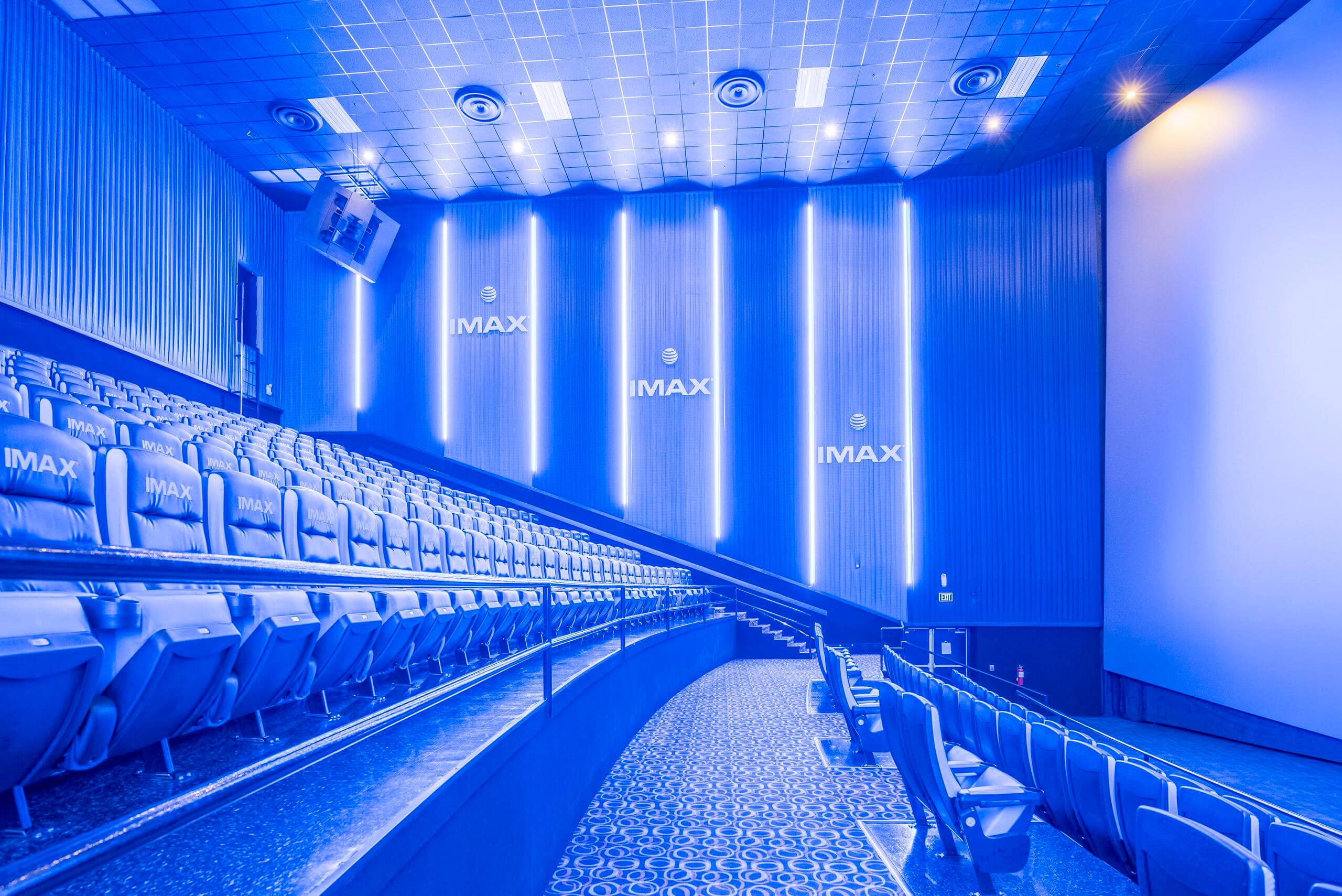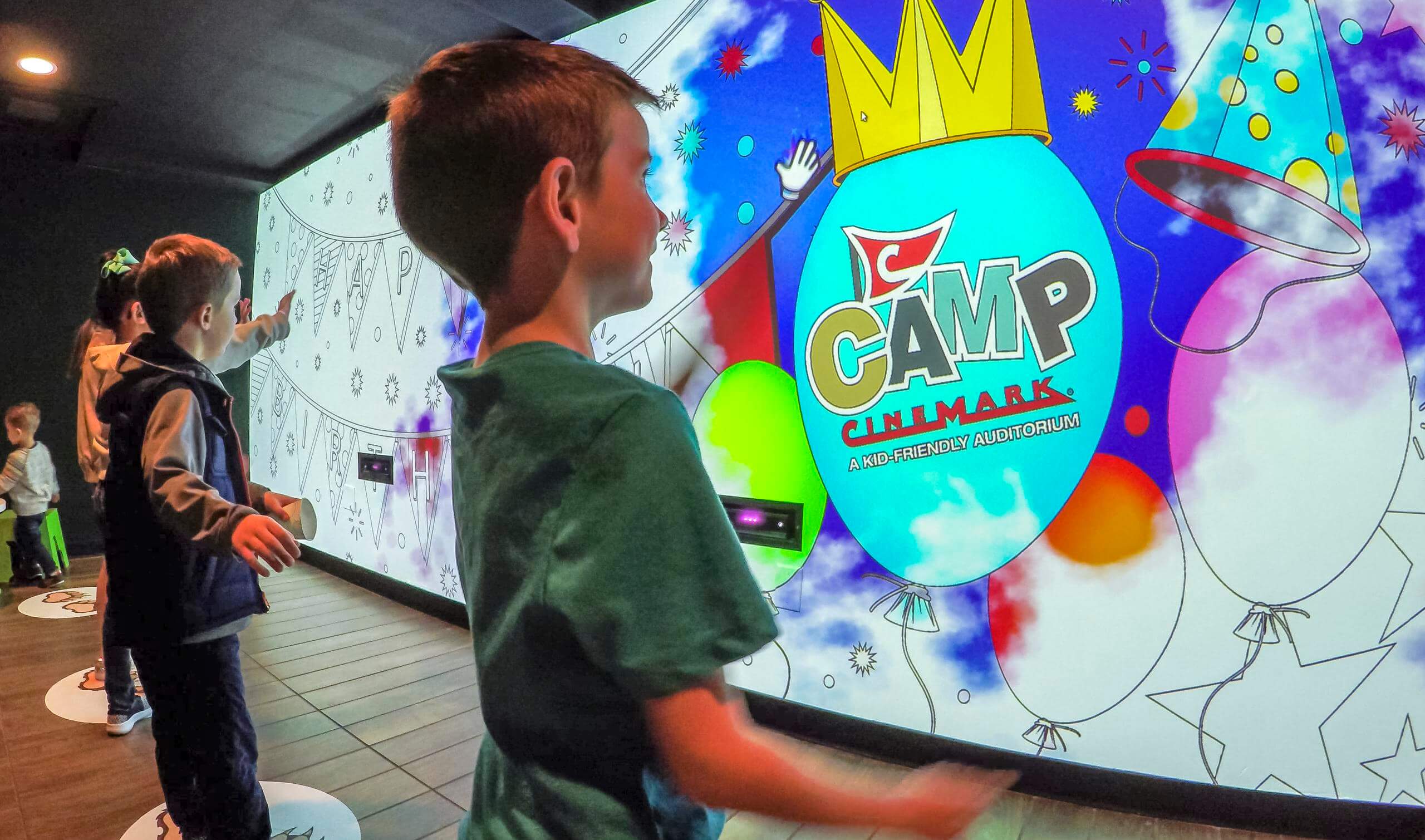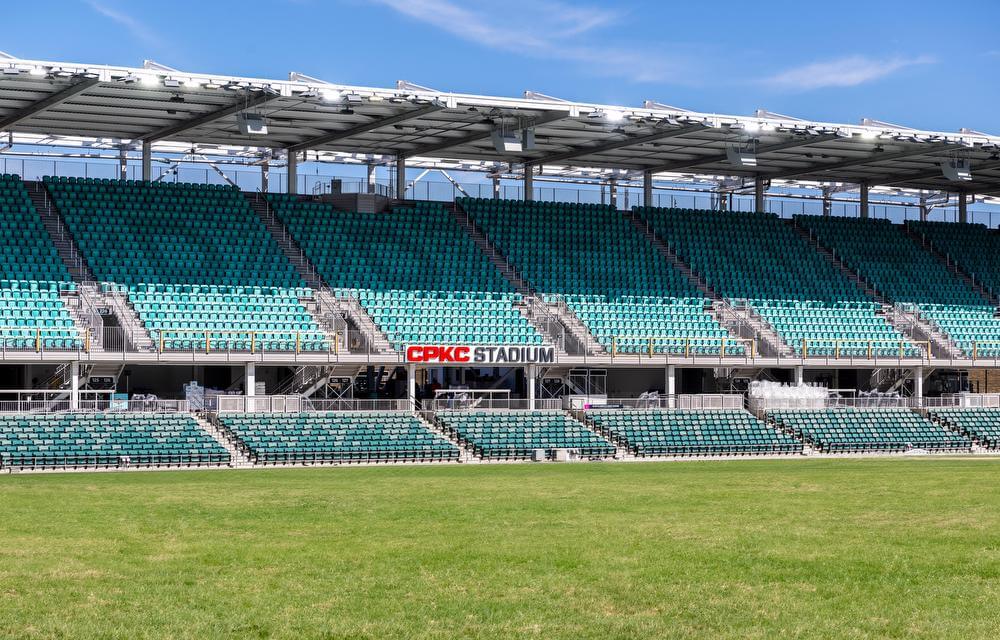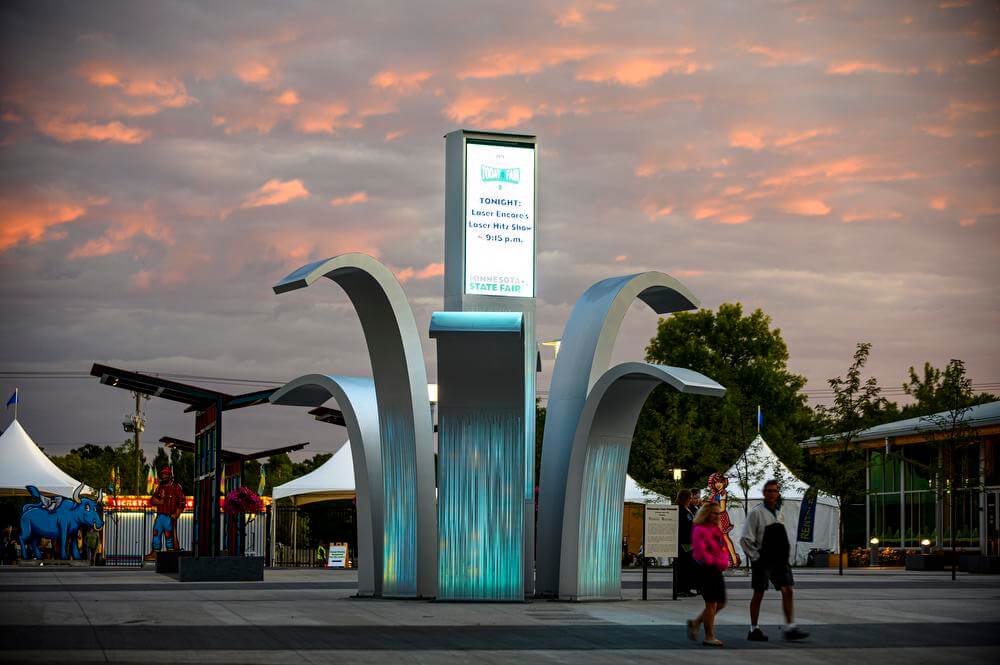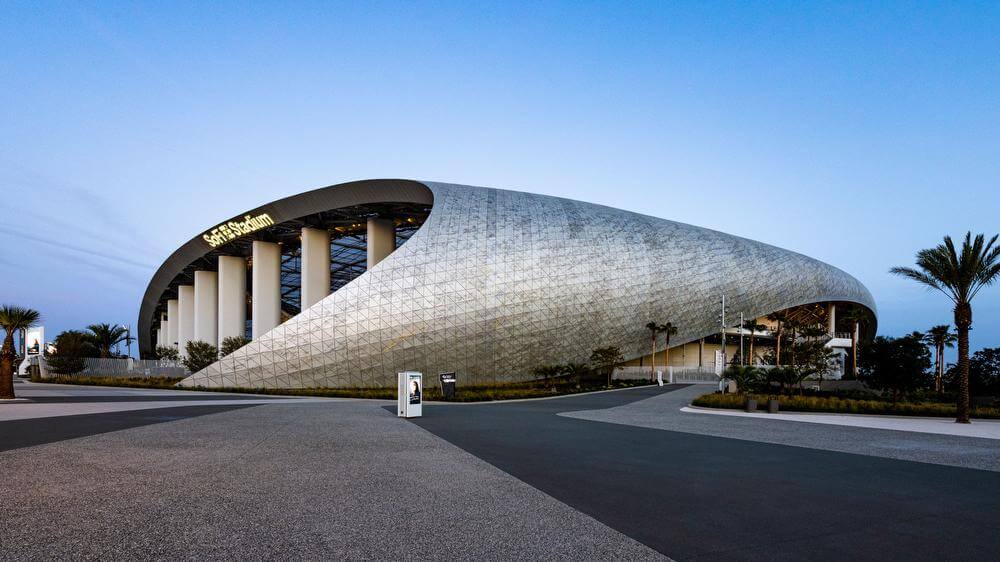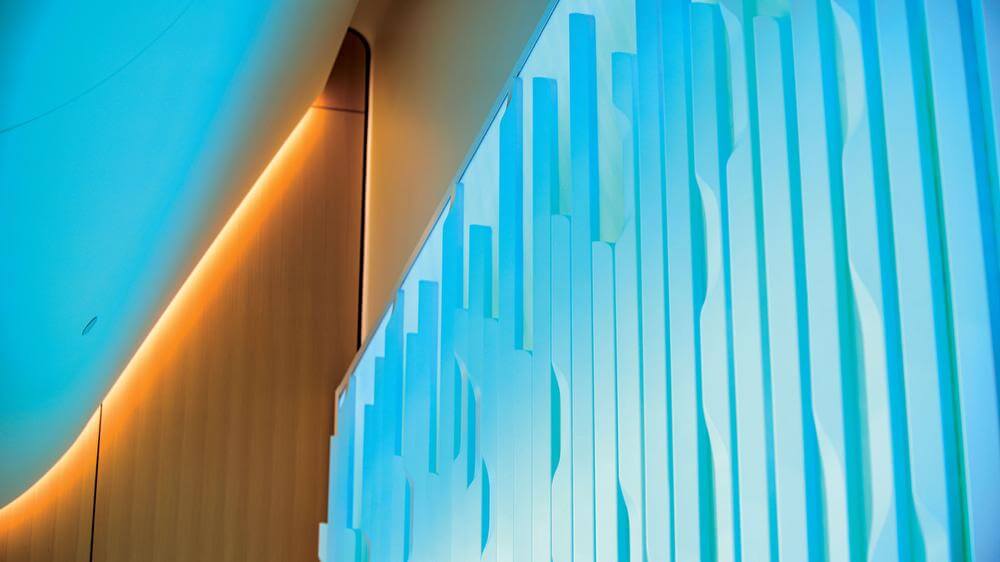Executive Creative Director JC Hendricks has been integral to DI’s growth, strategy, and mission, which is to defy the mediocre through remarkable experiences. As discussed in Redefining the Movie Theater Experience, our team has a long history in the world of cinema. In this Insights piece, JC offers a first-hand account of his journey in the movie theater industry.
Designing movie theaters for the past 25 years has been a journey filled with innovation, creativity and a deep appreciation for the art of cinema. More importantly, I love going to the movies for inspiration. Even in this age of streaming from home, nothing compares to going to the movie theater. The anticipation of being immersed in a story, the smell of popcorn, and unplugging from the phone for a couple of hours is a true inspiration for creativity.
When I first began this journey over 25 years ago, the landscape of movie theaters was vastly different. The focus was primarily on signage—ensuring visitors knew where to find the showtimes (often displayed on zip letters), get a paper ticket, easily understand the concessions combos (often displayed on a backlit graphic), and find their auditorium. However, as technology evolved and audience expectations grew, the role of a theater designer became far more dynamic and challenging. The audience expected more; they wanted to escape into a story and be fully immersed along the way.
Over the years, we’ve seen the transformation from basic auditoriums to complex entertainment hubs where every detail—from themes to immersion—contributes to the storytelling experience. DI would be tasked with designing new experiences (I would call them “prototypes”) that were completely experimental and out-of-the-box. Not all concepts saw the light of day but often led to other innovative ideas. The challenge has always been to stay ahead of the curve, integrating the latest technology and trends while maintaining a timeless quality that honors the history and magic of cinema.
Every project brought a unique set of challenges and opportunities. From creating intimate indie theaters that feel like cozy extensions of Art Deco to designing sprawling multiplexes that cater to blockbuster enthusiasts, each theater required a tailored approach. The goal was always the same: to create a space where audiences could escape reality and lose themselves in the world on screen.
One of the key elements we focus on at DI is the audience's journey from the moment they step into the complex–before they even reach the theater. This often involved thoughtful consideration of the lobby (large WOW Moment), concession areas, and even the hallways leading to the screens. These spaces were intentionally designed to build anticipation and excitement using lighting, textures, and interactive elements to set the stage for the cinematic experience.
Working closely with architects, engineers, acousticians, and digital artists, DI has pushed the boundaries of what's possible in theater design over the years. Together, we helped create cutting-edge IMAX theaters with unparalleled sound and visual quality, luxurious VIP cinemas with reclining seats and gourmet dining, and even experimental theaters incorporating virtual reality and interactive elements.
Looking back, it's incredible to see how far we've come in this industry. Theaters are no longer just places to watch movies—they're destinations that offer a complete sensory experience with spaces that bring people together, evoke emotions and inspire imagination. I'm excited to see where the next chapter of theater design will take us as we continue to innovate and redefine the way people experience movies and stories.



